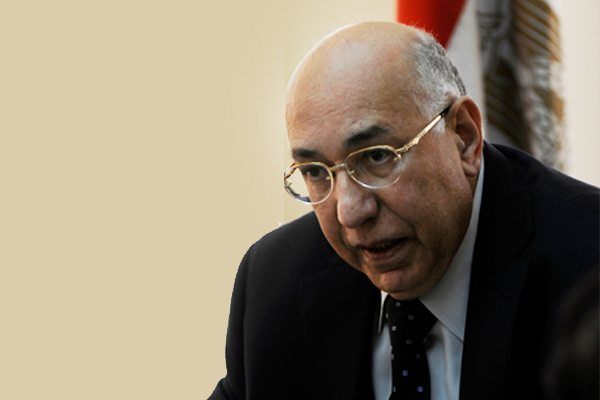Following a deterioration in December, business conditions in the Egyptian non-oil private sector broadly stabilised in January, Purchasing Managers’ Index (PMI) data released by Emirates NBD on Monday suggested.
This mainly reflected stabilisation in both output and new orders. Concurrently, new export orders registered a renewed rise amid reports of greater demand from international markets. Furthermore, firms engaged in input buying, with growth picking up to the fastest since August 2014.
On the price front, rates of both input cost and output charge inflation accelerated.
The survey, sponsored by Emirates NBD and produced by IHS Markit, contains original data collected from a monthly survey of business conditions in the Egyptian private sector.
Commenting on the Egypt PMI survey, Daniel Richards, MENA economist at Emirates NBD, said: “While Egypt’s headline PMI reading remained just shy of the 50.0 neutral mark in January, the signs are encouraging as we begin 2018. A pickup in new export orders in particular stands as an indication that the difficult economic reforms enacted in late 2016 are starting to pay off.”
The headline seasonally adjusted Emirates NBD Egypt PMI—a composite indicator designed to give an accurate overview of operating conditions in the non-oil private sector economy—rose from 48.3 in December to 49.9 in January.
This was consistent with a broad stabilisation of business conditions across Egypt’s non-oil private sector.
Both indices registered close to the neutral 50.0 threshold, following reductions in the previous month.
Where increases were reported, firms commented on new client wins, while those companies that registered lower new orders and output pointed to unfavourable economic conditions and high prices.
At the same time, Egypt’s non-oil private sector recorded a renewed expansion in new export orders during January.
Stronger demand for Egyptian goods and services from international markets was cited as the key reason behind the latest increase in new export orders.
That said, the rate of growth was marginal. Continuing the trend observed since June 2015, staffing levels fell during January. However, the pace of job shedding was marginal and slower than the ongoing trend.
Private sector firms continued to face higher input costs. Despite accelerating to a three-month high, inflation remained below the ongoing trend. According to anecdotal evidence, currency weakness contributed to greater cost pressures.
Amid reports of expected improvements in demand, firms were encouraged to engage in purchasing activity at the start of the year. Furthermore, the rate of expansion accelerated to the strongest since August 2014 and was marked overall. Nonetheless, input stocks declined, albeit fractionally.
Lastly, companies retained optimism towards the 12-month outlook for output. Furthermore, the degree of positive sentiment was stronger than average.
Anticipated improvements in demand conditions and market stability were cited as the key factors behind optimism.




